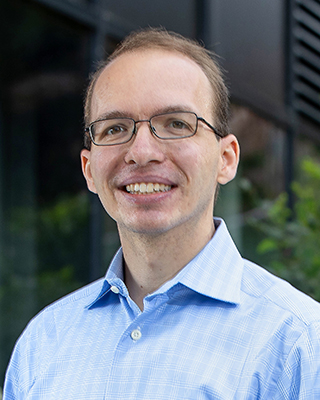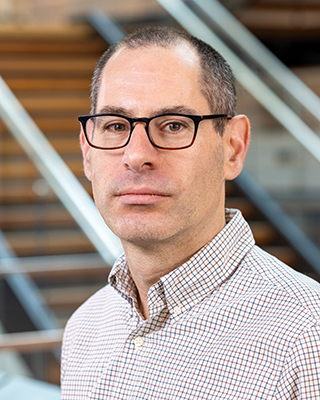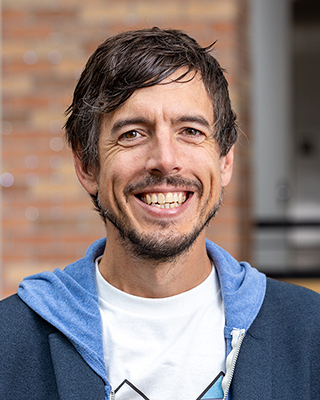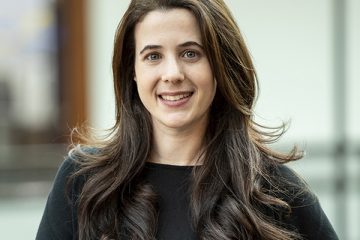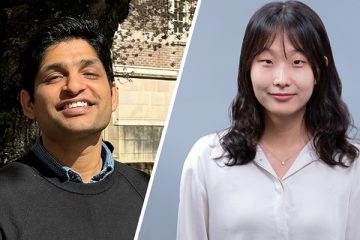Our work in human-centered computing explores and enhances the ways in which people and communities engage with and experience technology.
Our research considers the personal, educational, cultural, and ethical implications of innovation. Drawing upon techniques from human-computer interaction, learning sciences, sensing and more, we aim to maximize the potential benefits of technology while minimizing potential harms to individuals, groups and society.
Groups & Labs

Animation Research Labs (ARL)
The interdisciplinary ARL advances the state of the art in animation through research, teaching, and computer-animated production.

Behavioral Data Science Group
The Behavioral Data Science Group leverages large-scale behavioral data to extract actionable insights about our lives, health and happiness by combining techniques from data science, social network analysis, and natural language processing.
Faculty Members
Centers & Initiatives
Change is a cross-campus collaboration that explores the challenges of developing technology in the context of positive social change. It seeks to make connections between researchers, outside organizations, and the public to inspire the development of new capabilities aligned with the interests of those most in need.
The interdisciplinary DUB group at the University of Washington advances research, collaboration and teaching related to the interaction between design, people, and technology.
Highlights
Computing Research Association
Allen School News
Allen School News


